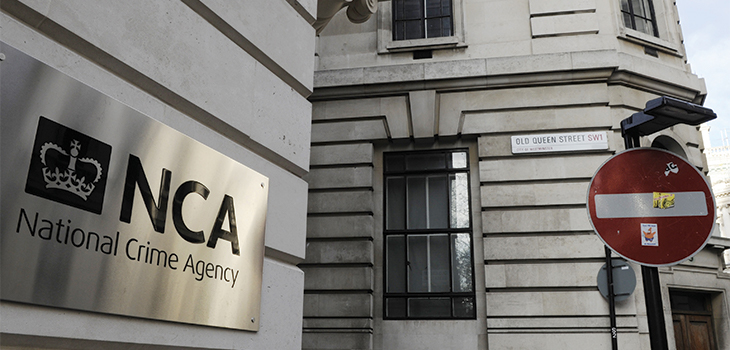
He posits that the NCA’s decision to turn the intelligence gathered from EncroChat (a communications network allegedly used by organised crime members) into evidence was a wrong decision.
In June 2020, the NCA took action on the information seized from EncroChat by launching Operation Venetic. More than 1,000 arrests took place. However, will the evidence be admissible in court?










